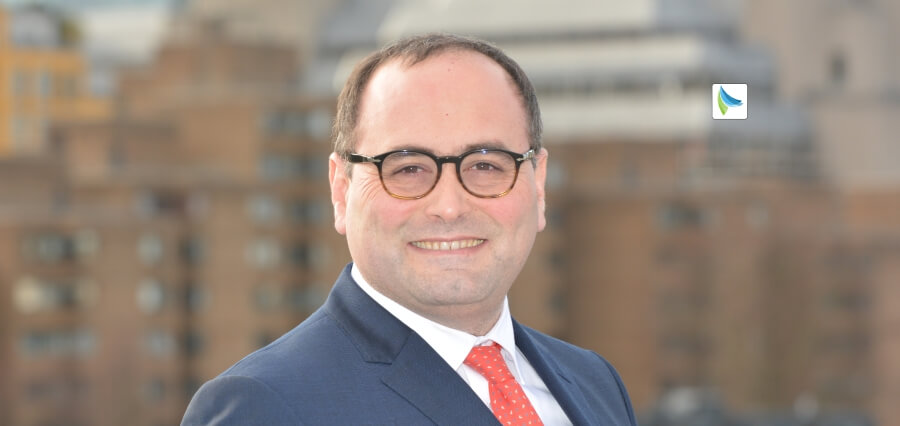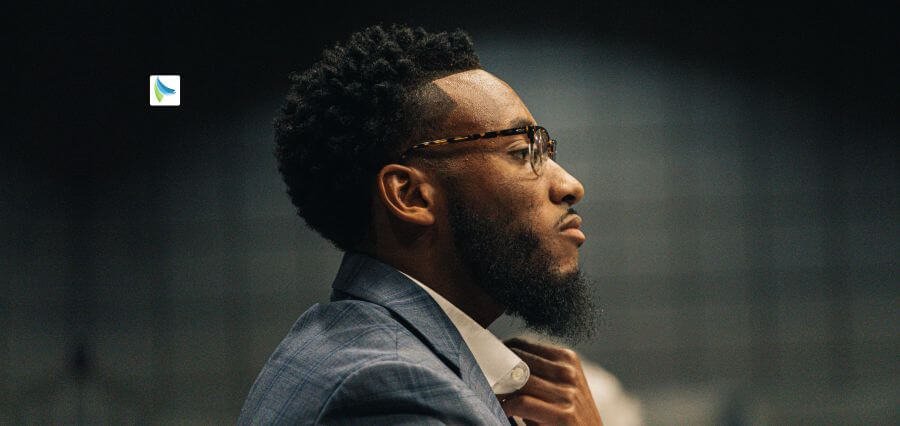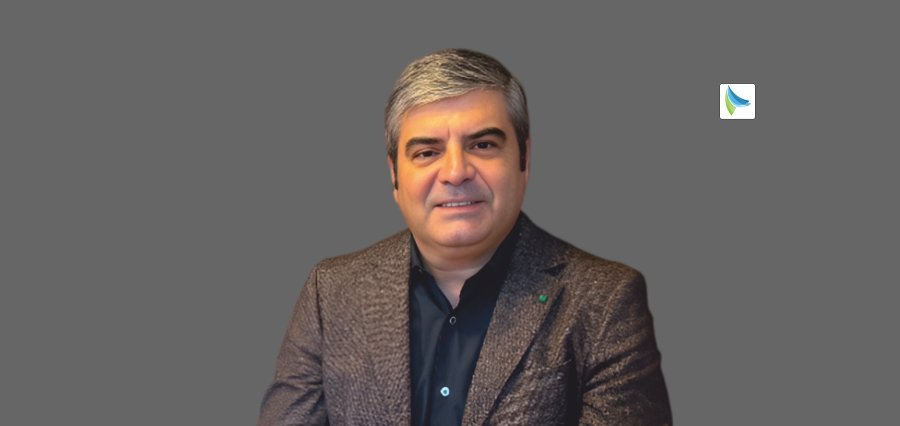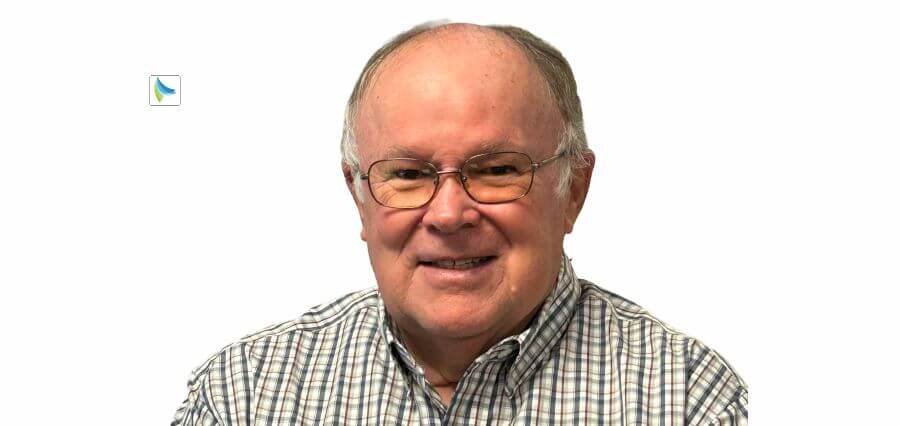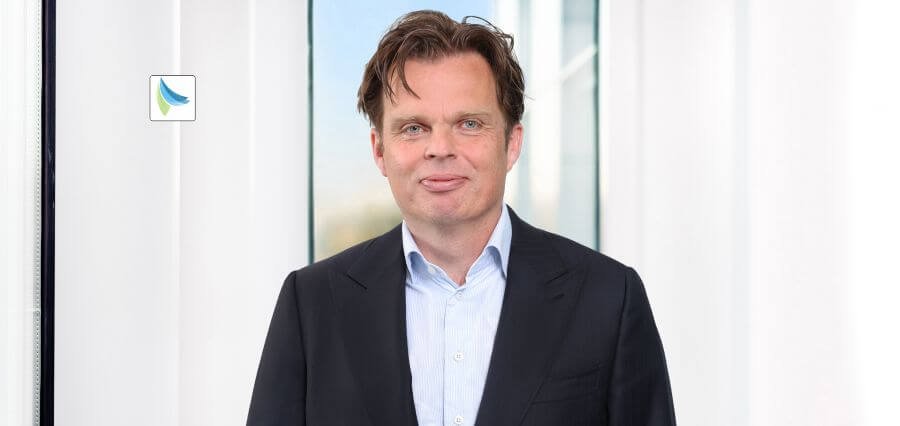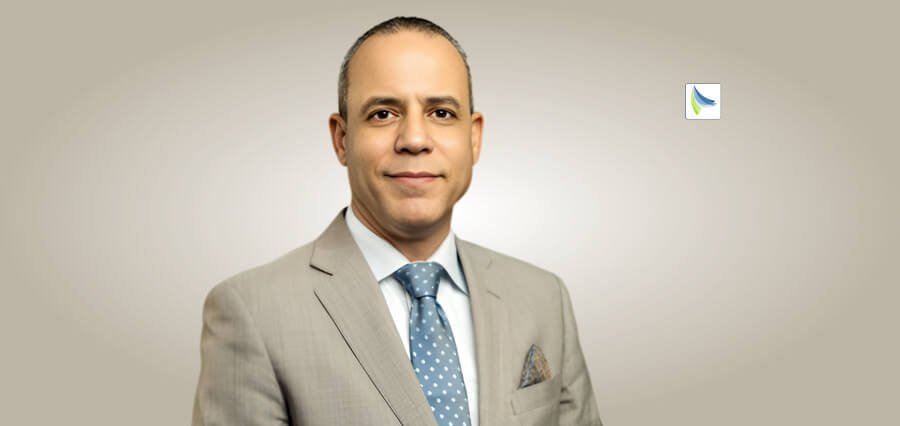In today’s tech-transformed times, everything has been undergoing a kind of evolution that many times seems to be a revolution. In that sense, the conventional notion of leadership had changed. Professor Maurizio Bragagni OBE, the CEO of the Tratos Group, takes us through that journey of transformation by being the visionary leading guide, which he truly is.
So, when asked what personal experiences most shaped his philosophy on leadership in education in his academic journey as a professor from his latest influential role as a CEO, Professor Maurizio Bragagni says in his humble manner, “Thank you for your question.”
Leading with Purpose, Not Power
His philosophy on leadership in education was profoundly shaped during his MBA at Bayes Business School. It was there that he learnt a powerful lesson: to lead is to serve a greater purpose. Leadership is not about maintaining authority but about adaptability — stepping forward when necessary and stepping aside when others are better suited to guide.
He recalls, “In our cohort, we called ourselves “The Claudians,” after the Roman Emperor Claudius — not the most celebrated, but perhaps one of the wisest because he understood the power of listening and adapting. We were six individuals from vastly different backgrounds — we joked that we had six popes in one room — and yet, the richness of our experience lay in that diversity.”
There were moments when Professor Maurizio Bragagni had to lead and others when he had to support someone else in leading—because they had a deeper insight into the subject at hand. Flexibility and humility in leadership became central to his approach in both business and education.
At Bayes, during his MBA, Professor Bragagni experienced this firsthand. He was re-educated by his fellow Claudians, each of them contributing different strengths. “Sometimes I led, and other times I stepped back so others could lead. That flexibility taught me that leadership is not a position; it’s a mindset.” Purpose means knowing when to step forward and when to lift others up.
Purpose in the Classroom, Purpose in the Boardroom: Empowering Minds Across Every Arena
Spoken often about the value of ‘purpose-driven leadership,’ Professor Bragagni defines purpose within the walls of a university or lecture hall compared to the corporate boardroom in his own unique style. “To me, purpose means empowering minds — in a university, that means nurturing curiosity, integrity, and confidence.” In a business, it involves unlocking the potential of your people and guiding them towards a shared goal. However, in both cases, leadership remains the same: it’s about helping others bring forth their talents and do their best for the scope of the mission.
True leadership is not about control; it’s about empowerment. And the ultimate goal? Achieving happiness through meaningful success. There is nothing wrong with being ambitious.
There is nothing wrong with wanting to succeed — or even to make money — so long as you do it with purpose, ethics, and in service of something greater than yourself.
At Bayes, during his MBA, Professor Bragagni experienced this firsthand. He was re-educated by the people around him — they called themselves “The Claudians” — each of them contributing different strengths. “Sometimes I led, and other times I stepped back so others could lead. That flexibility taught me that leadership is not a position; it’s a mindset.” Purpose means knowing when to step forward and when to lift others up.
In the end, whether in the lecture hall or boardroom, leadership must aim to improve lives. That’s the purpose.
Tradition vs Innovation? A False Dichotomy
When suggested that innovation and tradition often pull in different directions and asked how he balances these forces in his approach to educational leadership, Professor Bragagni says, “I would respectfully challenge the premise of the question.” Innovation and tradition do not pull in different directions — that’s a modern misunderstanding. As Cicero said, “Historia est testis temporum, lux veritatis, vita memoriae, magistra vitae, nuntia vetustatis” — history is the witness of time, the light of truth, the life of memory, the teacher of life, the messenger of antiquity.
Tradition is not a constraint — it is the vessel that carries our values across time. Innovation is not the opposite — it is the method by which we apply those values in the present. In his approach to educational leadership, Professor Maurizio Bragagni sees tradition as the compass and “Innovation as the ship that carries us forward.”
“We preserve the dignity of education not by rejecting modern tools or methods, but by using them to serve timeless principles — truth, integrity, intellectual courage.” Whether he is leading a university or a business, he never sees innovation as a rebellion against the past. Rather, he sees it as the fulfilment of tradition — “A way to keep our ideals alive and relevant.”
This is how he leads: with respect for what endures and with responsibility for what must evolve.
The Case for Cross-Disciplinary Learning: Preparing for a World Beyond Silos
Professor Maurizio Bragagni is known to advocate for cross-disciplinary learning. When asked what it means in practice and why he believes it is essential for today’s students, he replies, “Thank you — I strongly believe that cross-disciplinary learning is not just beneficial, but essential, especially in our time.”
“We are living in an era as transformative as the First Industrial Revolution. Artificial Intelligence is set to reshape — or even replace — many of today’s jobs.” In this context, narrow specialization is not enough. “What we need is integration: the ability to connect knowledge across disciplines, to adapt, and to keep learning throughout life.”
Cross-disciplinary learning means breaking the artificial silos between subjects — because the world doesn’t operate in silos. In practice, this means encouraging students to combine economics with ethics, data science with history, and technology with philosophy. “Just as the earliest universities brought all knowledge into a unified universum, we must return to that holistic vision.”
In fact, the highest discipline in the traditional university was theology — the “science of God” — because it asked the deepest questions: “Why are we here? What is our purpose?” All disciplines ultimately serve this pursuit of meaning.
“Today, if we want our students not only to survive but to lead in this AI-driven world, we must teach them to think across boundaries.” To connect logic with empathy, history with innovation, and numbers with narratives. “That is how we prepare the next generation — not just of workers, but of wise, ethical leaders.”
Empathy as Strategy: Leadership Lessons from ‘Professor George Holmes’
When suggested that leading in the education sector requires not just knowledge but empathy, Professor Maurizio Bragagni agrees, “Absolutely — leadership in education is not simply about knowledge or structure; it is fundamentally about empathy. “And rather than speaking of myself, I’d rather honour someone who exemplifies this at the highest level: Professor George Holmes, Vice-Chancellor and President of the University of Bolton.”
Through his deep empathy — not just for students, but for his staff, for the local community, and for the transformative power of education — he led what many thought impossible: the transformation of a regional institution into what is now the University of Greater Manchester. It wasn’t just rebranding — it was a reinvention driven by a vision that placed people first.
He listened. He understood. He inspired. In doing so, he created a university that meets students where they are while raising them to where they could be. “I witnessed firsthand how his leadership, rooted in empathy, created opportunity, loyalty, and excellence across the institution.”
That, to Professor Maurizio Bragagni , is true educational leadership — not through prestige or policy alone, but through human connection. “And it reminds us all that the most powerful reforms begin not in policy papers, but in the heart.”
Misconceptions of Leadership: Commanding vs Guiding in the World of Education
Further, in his opinion, one of the biggest misconceptions about leadership in education — and leadership in general — is the idea that a leader must command. That leadership means giving orders, imposing authority, or always being the loudest voice in the room.
In his experience, that’s not leadership — that’s performance. True leadership is not about controlling others but about guiding them. It’s about understanding the human dimension of education. A leader listens, inspires, supports — and sometimes leads best through silence, trust, or a well-timed word.
“Let’s be honest: how many times in our lives has a soft voice, a quiet word, or a private correction made more impact than a public order or grand speech? Each of us can recall a moment when someone guided us gently but firmly — and that changed our course more than a thousand commands ever could.”
That’s how he challenges the misconception: by leading with presence, not pressure. By fostering environments where people grow through encouragement, not fear. In education, where shaping minds and characters is at stake, this form of leadership is not just better — it’s essential.
Education in the Age of AI
The global classroom is rapidly changing with AI, digital learning, and cultural diversity. However, according to Professor Maurizio Bragagni , the university’s fundamental role has not changed — and should not change — “Even as the world around us is transformed by AI, digital learning, and growing cultural complexity.”
The core mission of any true university is to help form critical minds. Minds that do not simply absorb information but question it. They do not just follow trends but understand their meaning. In a world that is constantly shifting, the only real preparation we can give our students is the ability to think, to reflect, and to adapt.
Leadership in this new world is not about dominance or control — it’s about service. To lead is to serve others: to understand their needs, to guide with humility, to create value not just for oneself, but for the community and for future generations.
So, while the platforms may change, the essence of education remains the same. “We are not training machines; we are forming human beings — with conscience, curiosity, and the capacity to lead with wisdom. That is our task. That is our responsibility.”
“And that is why we must remain committed to cultivating critical minds — because they are the true foundation of any just and resilient society.”
Mentorship: The Sacred Thread
Professor Maurizio Bragagni’s foundation is strong because mentorship has been a constant thread throughout his life — and he considers himself profoundly privileged for the mentors who shaped him from childhood to today.
It began in school with Maestra Carnescialli, who first taught him discipline and curiosity. Then came Professor Paffetti, Professor Rizzo, Acquisti, and Donati Sarti — each of whom, in different ways, challenged him to think beyond the obvious. Later, during university and in professional life, he was guided by remarkable minds like Professor Ajay Lanzolla, Dr. Notti Gobbi, Professor Ruozi, and the engineers Rudilosso and Civili — each of them offering not only knowledge but wisdom.
But mentorship isn’t only academic. Professor Maurizio Bragagni’s father, Germano, and uncles Albano and Marcellino taught him the values of integrity, hard work, and even the double-entry accounting system — a skill and a metaphor for balance in life.
Professor Maurizio Bragagni sees mentorship as a sacred relationship — like the bond of one master and one disciple, as told in the story of Saint Francis and Brother Leo. Saint Francis, walking barefoot through the snow with Leo, taught that true teaching comes not from words but from example — from living the values you wish to pass on. It is a path of humility, discipline, and mutual respect.
Today, he pays that mentorship forward by doing exactly what his mentors did for him: believing in others. “I take time with my students. I challenge them, guide them, and sometimes simply walk alongside them — just as Francis did.” Because true mentorship is not about instructing from above; it’s about serving beside.
“And if I have done anything worthwhile in my academic or professional life, it is thanks to the many mentors who helped me become not just more knowledgeable — but more human.”
Honours that Humble
Receiving the ‘Officer of the Most Excellent Order of the British Empire (OBE)’ was a deeply symbolic moment in Professor Maurizio Bragagni’s life — a recognition not just of what he has done but of the values he holds dear. To be honoured by Her Late Majesty The Queen, someone he deeply admired, was both a privilege and a responsibility.
He’s often said that he is not immune to compliments — “None of us are. We all need encouragement, and the OBE was exactly that for me — a powerful expression of support that came at the right time, confirming that my efforts in industry and charity had meaning beyond numbers or titles.”
More importantly, it strengthened his drive to give back, especially in the field of education. Recognition brings with it the duty to do more, to inspire others, and to help shape a generation that is not only skilled but principled, courageous, and compassionate.
“So, yes — the OBE fuels me. It reminds me that leadership is not about status, but service.” And that in education, as in life, the highest honour is to make a meaningful difference in someone else’s journey.
A Message to Future Generations: Living with Courage, Purpose, and Love
Finally, Professor Maurizio Bragagni says that if he could speak directly to his students — past, present, or future — he would say this:
Life is too short to live someone else’s version of it. Don’t be afraid to try. Don’t be afraid to fail. Make mistakes, learn from them, and keep following your true north. Never let fear or convention silence your inner voice.
Stay curious, stay kind, and never stop growing. Success may come in many forms, but the greatest success is to live with purpose — and to find happiness in that journey.
“And above all, I pray that you will find a love — in life, in work, or in another soul — that makes you mad, makes you whole, and makes you truly happy.”
Because, in the end, that is what makes everything else worthwhile.






